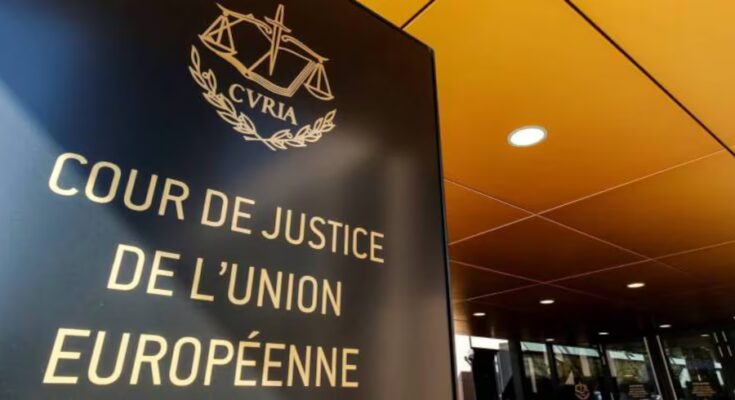The approval of the amnesty law by the Advocate General of the Court of Justice of the European Union represents an important, although not definitive, step in the application of a provision that should serve to turn the page on the senseless challenge that the failed Catalan independence process represented. The lawyer believes that the rule does not harm the financial interests of the EU nor does it violate community law on terrorism. And it underlines something very significant in Spanish terms: that the law was approved following all parliamentary channels and guaranteeing “in a real context of political and social reconciliation”.
The lawyer’s report does not predetermine the meaning of the CJEU ruling, which will be known in the coming months, but represents a first-rate endorsement of a pardon measure which dozens of people have already been able to avail of. Furthermore, in the not too distant future, the law should allow the return to Spain of the former president of the Generalitat Carles Puigdemont without risk of being arrested.
In a political context of maximum conflict, the lawyer’s report introduces a dose of moderation by denying that the law approved by Congress is a “self-amnesty” for independence supporters, as the European Commission lawyer claimed in July and as the People’s Party continues to defend. The Advocate General also clarifies the jurisdictional framework by clarifying that amnesty is a non-harmonised matter over which Member States, in this case Spain, have exclusive competence.
In the absence of the ruling from the Luxembourg-based court, the Government welcomed the news as a great success that will facilitate the development of the rest of the legislature. However, it remains to be seen whether this report or the sentence that will follow will serve to recover the majority of the investiture, which Junts persists in considering broken. The Executive will also have to take into account aspects that could conflict with the European legislative framework and about which the report published yesterday also warns, such as the fact that the amnesty law grants a maximum period of two months to verify whether the expenses of the processes prejudice the interests of the European Union before the case is closed automatically, or that only the Prosecutor’s Office or the public administrations can challenge the archive, but not the popular accusations.
In any case, and without going into details, the amnesty law – which allowed the start of the current legislature and which was essential to continue healing the wounds of the independence process – continues despite the denunciations of the Popular Party and Vox. And it is no small thing that the new endorsement comes from European bodies, which once again contribute to cooling down with motivation a political situation that remains excessively inflamed in Spain.



